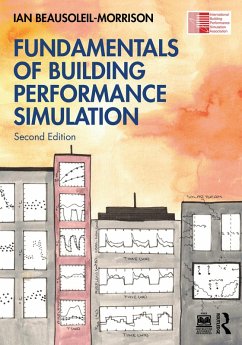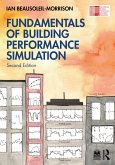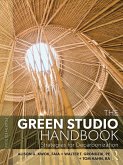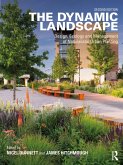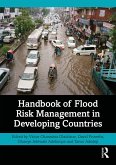Covering topics from indoor airflow to the effects of the weather to HVAC systems, the book's 25 chapters empower learners to:
- Understand the models and assumptions underlying BPS tools
- Compare models, simulations, and modelling tools and make appropriate selections
- Recognize the effects of modelling choices and input data on simulation predictions
Each subject is introduced without reference to particular simulation tools, while practice problems at the end of each chapter provide hands-on experience with the tools of the reader's choice. Curated reading lists orient beginners in a vast, cross-disciplinary literature, and the critical thinking skills stressed throughout prepare them to make contributions of their own.
Fundamentals of Building Performance Simulation, Second Edition provides a much-needed resource for new and aspiring members of the building science community.
The textbook will be accompanied by student and instructor digital resources including chapter introduction videos by the author, software and simulation walkthrough videos, weather data, photographs, drawings and measured data to support the culminating trials.
Dieser Download kann aus rechtlichen Gründen nur mit Rechnungsadresse in A, B, BG, CY, CZ, D, DK, EW, E, FIN, F, GR, HR, H, IRL, I, LT, L, LR, M, NL, PL, P, R, S, SLO, SK ausgeliefert werden.

